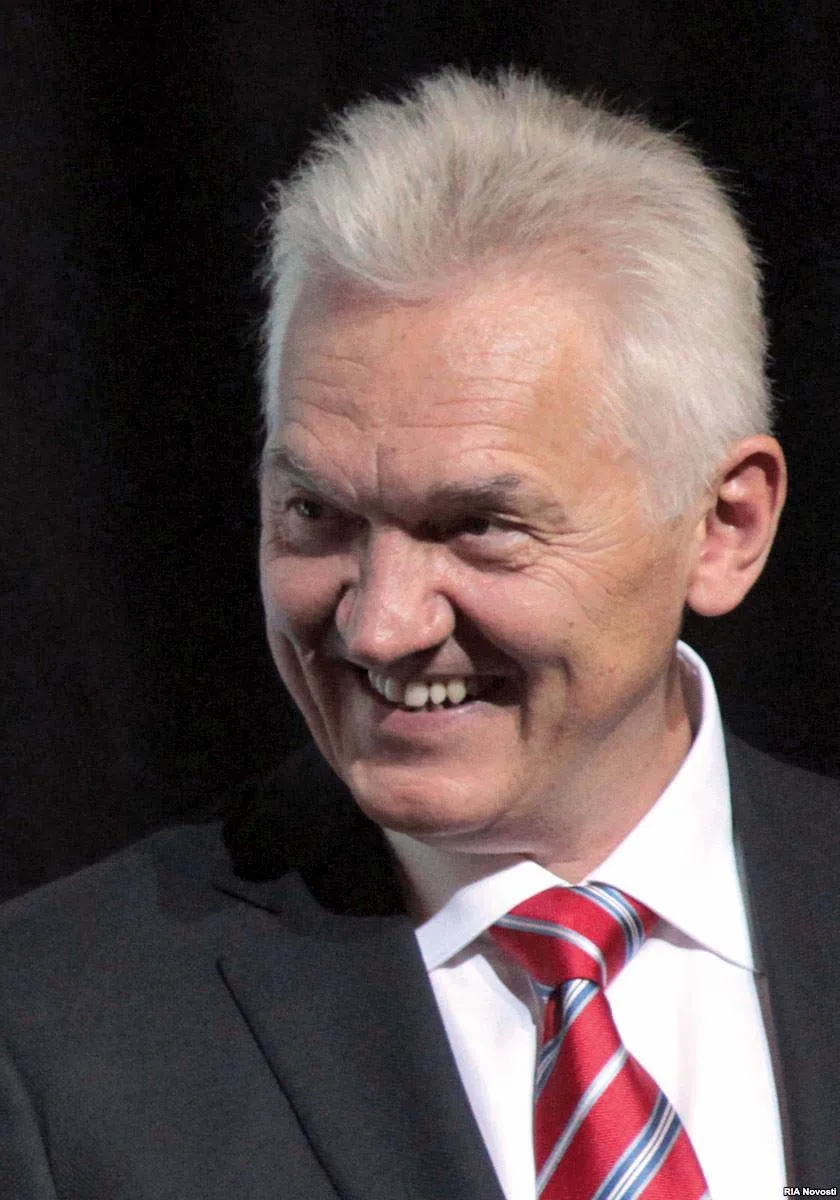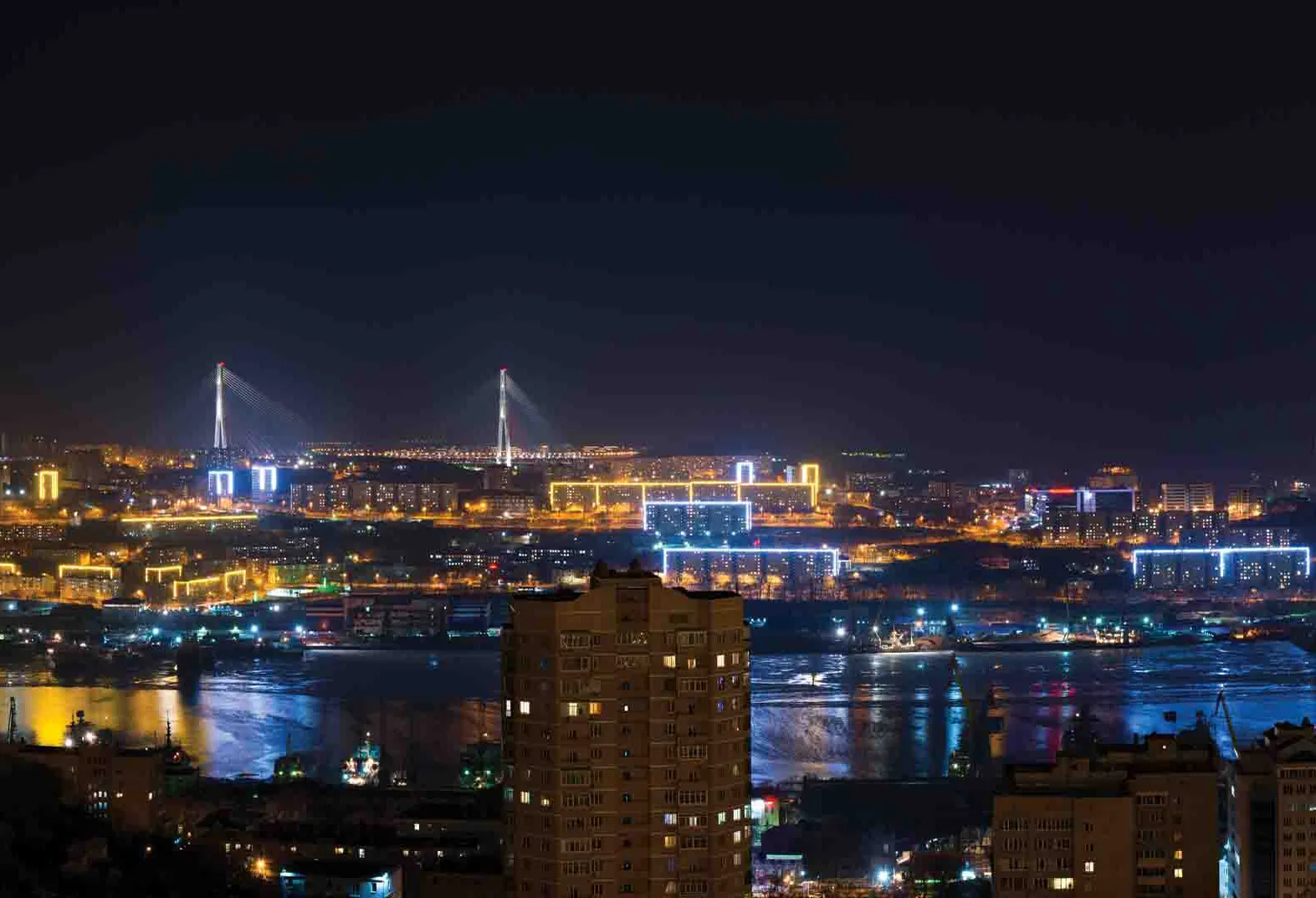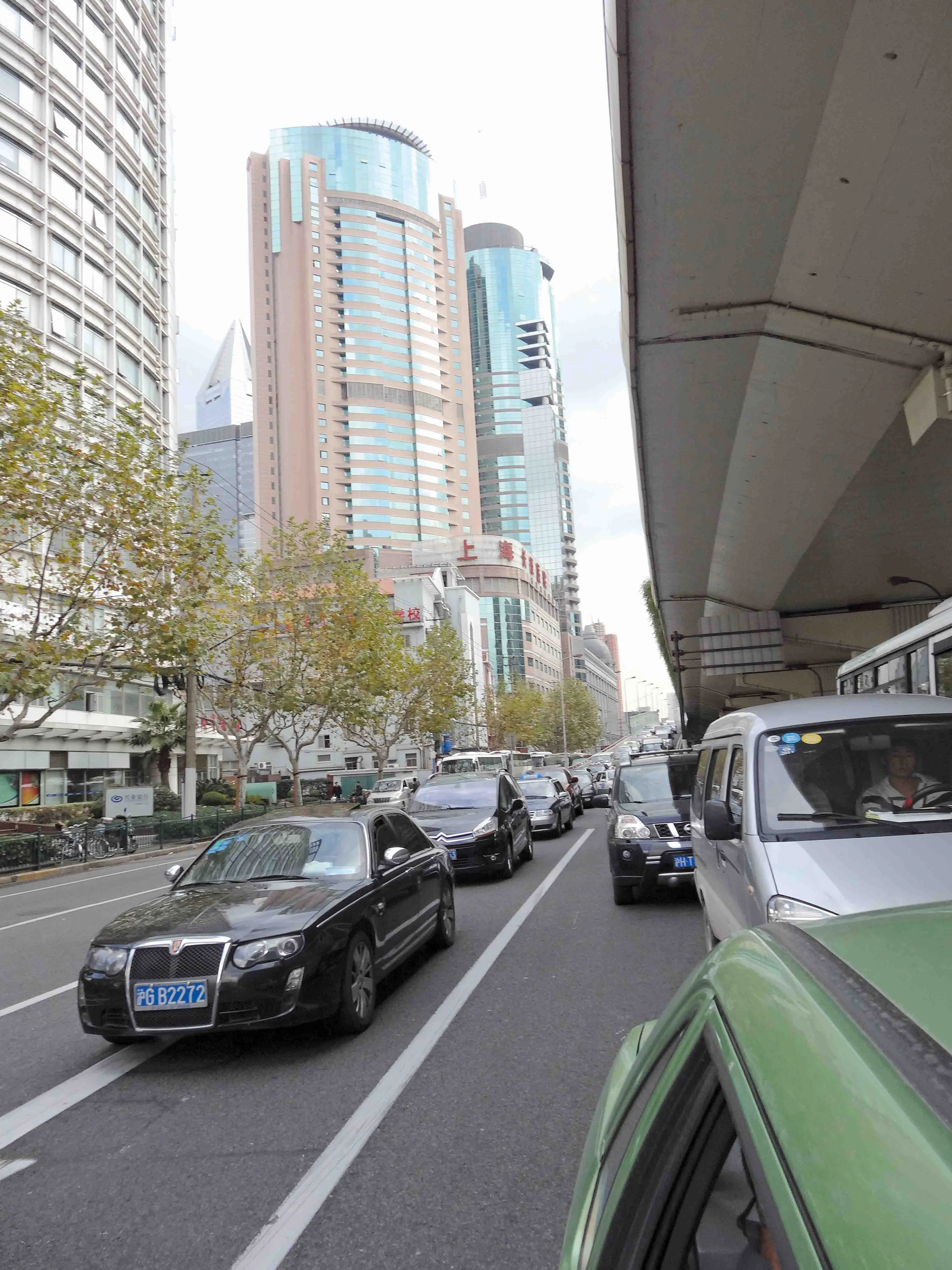
Russia looks set to accelerate its road building programme – Eugene Gerden writes
The volume of road building in Russia should be doubled by 2022, according to a recent order of Russia’s president Vladimir Putin. He said, “We need a real breakthrough in road building during the next several years. These volumes should be doubled during the coming decade.”
According to the plans from the president, there is a need to accelerate building of all types of roads, including regional, federal, and municipal. According to data from the Russian Federal Service of State Statistics (Rosstat), in 2012 the total length of public roads in Russia amounted to 1.2 million km, of which 50,700km account for federal, 504,000km for regional and 728,000km for local roads.
During the period of 2005-2012 about 700,000km of roads were built in Russia. Official results for 2013 have not yet been made available.
According to the president’s order, during the next 10 years about 1.4 million km of roads will be built. Of this amount, a significant part of roads should be built in Russia’s rural areas, where the situation with roads has always been close to catastrophic.
In the case of federal roads, according to the Russian Federal Road Agency (
According to initial plans of Rosavtodor, this year 519km of new federal roads should be built, while in 2015 and 2016 this figure should reach 516.6km and 496km respectively, however, due to a presidential order, these volumes will, probably, increase.
According to an official representative of Rosavtodor, implementation of Putin’s orders will require additional funding, the majority of which, as usual, is expected to be provided from the federal budget. Additional finances will come from the recently established road funds, which are formed by revenue from excise duties and transport tax. At present the annual volume of funding, generated to federal funds, is estimated at RUB 400 billion ($11.42 billion), with regional at RUB 445 billion ($12.7 billion).
At the same time there is a possibility that part of the funds for the project will be provided by private investors on the basis of public-private partnership. Last year the government announced ambitious plans for the allocation of up to RUB 500 billion of private investments in the national road building industry by 2020. However, due to the low interest of private business in Russian road building there is a possibility that these plans will be revised.
It is planned that the total volume of investments needed for the implementation of Putin’s plans will be announced later. According to Arkady Dvorkovich, Russia’s deputy prime minister, much will depend on future state policy in the field of taxes and in particular the rate of fuel excise duties, which will be set for this and the next several years and which form almost 70% of the country's road funds.
In the meantime, analysts of the Russian Ministry of Finance have already warned that implementation of these plans may face serious problems, as, due to the political issues in Crimea and the funds already invested in development, the Russian federal budget may face a shortage of funds already this year.
Due to this, the Russian government, so far, has backed away from the implementation of some large-scale projects in the field of road and bridge building. For example, in May of the current year the government announced its plans for the suspension of building of the 3km bridge across the Lena to Yakutsk worth almost 80 billion rubles (€2 billion), due to a shortage of funds.
At the same time, according to Maxim Sokolov, Russia’s Transport Minister, there is a possibility that the presidential order might not be fulfilled on time, as road building in many regions of the country currently takes place at significantly slower rates, than those, which were set by the president.
The problem, according to Maxim Sokolov, can be solved by increasing the rates of excise duties on petroleum products, as well as tightening of control over the transportation of heavy cargo by road and the establishment of control for the pricing of materials for road construction from the Federal Anti-Monopoly Service.
At the same time part of the funds will be also allocated for the modernisation and expansion of Crimean roads. For this purpose, the Russian Ministry of Transport has already announced its intention to provide 3.8 billion rubles ($120 million) at the initial stage, with a possibility of the significant increase of funding during the next several years.








